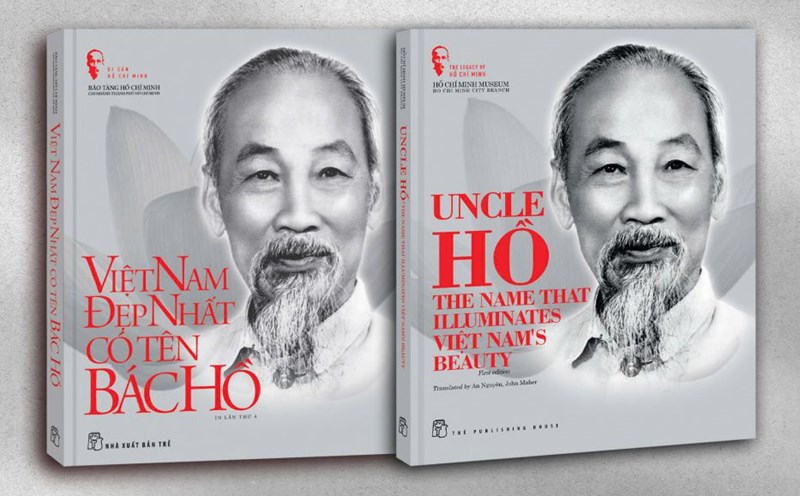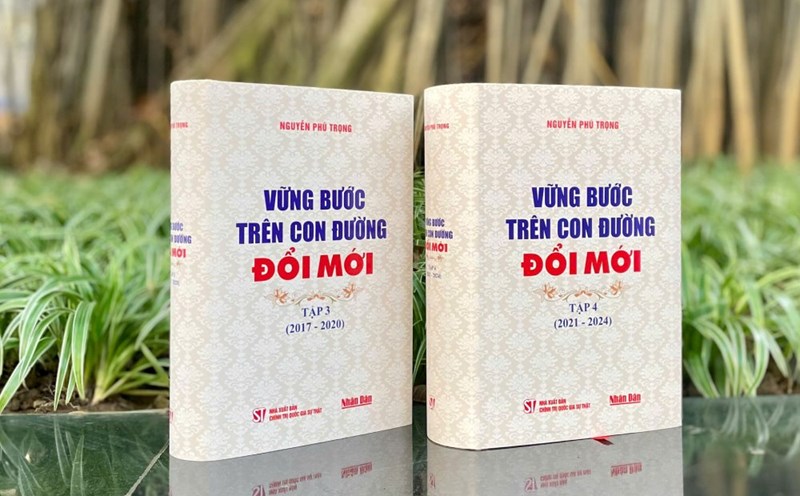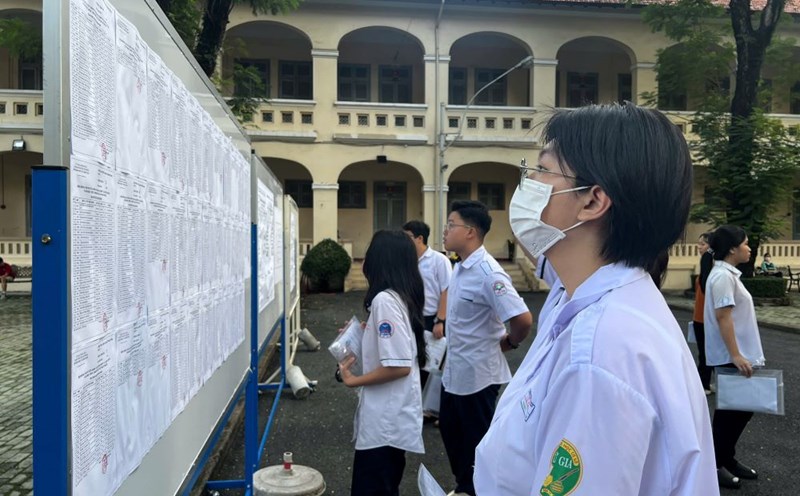These 8 journals cover many important aspects of the modern press that is being deeply affected by online platforms, followed by the rapid advances of AI. With millions of content created every day by countless individuals and organizations, not to mention content from generative AI, readers of today's press have a completely different need and reaction to readers just 5 years ago.
The book series provides an in-depth, multi-dimensional and inspiring perspective on a series of basic issues of journalism in the digital age: Online journalism, mobile journalism, journalism on social media platforms, fake news issues, prospects of artificial intelligence, digital interview skills...
The authors are all leading journalism experts with senior research/operation in a professional journalism - media environment: Ulrik Haagerup, Alan Rusbridger, Francesco Marconi, Mitchell Stephens, ...
Therefore, the books not only provide general knowledge and basic theoretical issues, but also provide practical orientations for journalists, editors, journalism students, communication workers to the general public to reflect on the practical information and communication activities of their readers.
In particular, the work "Uncle Ho with the Vietnamese Revolutionary Press" by author Doan Yen Kieu is an elaborate summary of many articles and speeches by Uncle Ho, as well as the orientation and opinions of the President Ho on press and propaganda activities. These conclusions still have important guiding value for the Vietnam Revolutionary Press.
The publications in the book series celebrating the 100th anniversary of the Vietnam Revolutionary Press include: "Uncle Ho with the Vietnamese Revolutionary Press"; "Created News - arousing the media and democracy with the press of the future" (Constructive News - How to save the media and democracy with journalism of tomorrow); "Online journalism handbook, Subsistence and Strong growth in the digital age" (The online journalism handbook: Skill to survive and Thrive in the Digital Age); "More news - The future of journalism" (Beyond news); " jurnalism on mobile devices and social media platforms" (Mobile and Social Media Journalism - A practical Guide for journalism); "Instructions on how to use news - News in a world filled with fake news" (The online journalism handbook: Skill to survive and thrive in the digital age); "Instructions for journalism and content - What to do with reporters and reporters); "What to do with reporters and reporters" (What to do with reporters and reporters); "What to do with reporters and reporters" (What to do with reporters).
With the book "Uncle Ho with Vietnamese Revolutionary Press", Vietnamese Revolutionary Press was born in the early 20th century, associated with the patriotic and national liberation movement. On June 21, 1925, the first issue of Thanh Nien Newspaper, founded by leader Nguyen Ai Quoc (later President Ho Chi Minh), marked the beginning of the Vietnamese Revolutionary Press.
Revolutionary press not only propagated patriotism, but also played an important role in the stages of the resistance war against France, the US and the cause of national construction. On the occasion of the 100th anniversary of Vietnam Revolutionary Press Day, Tre Publishing House published the work "Uncle Ho with Vietnamese Revolutionary Press" to pay tribute to Ho Chi Minh - the founder, leader and cultivator of the country's Revolutionary Press.
During his revolutionary activities, Uncle Ho wrote more than 2,000 articles in many genres, signed over 170 different names, nicknames and pen names. In this book, for each stage of his revolutionary activities, the book uses the most popular name of that period. On the other hand, to facilitate readers' follow-up, please use Ho Chi Minh's name as a common name when mentioning him in the topics.
"Constructive news" is an in-depth book on how news contributes more deeply to the process of social creation, not in a theoretical aspect, but in the perspective of reflecting experiences and achievements.
This book does not propose "pink" articles, but emphasizes things that need attention and practice to provide better quality information; news must be relevant and meaningful to people's lives. The press must become a friend, a guide, a prestigious agency of the community, not "covering" readers with a series of "half-truth" news that causes constant fear.
The book "Online Journalism Handbook - Survival and growth skills in the digital age" talks about the "online" in journalism, which can be published on the web, or text messaging applications, newsletters sent to emails, or social media; can be the content readers watch through smartwatches, or broadcast to people in cars.
With the book "More than News - The Future of Journalism - Bayond News", author and veteran journalist Mitchell Stephens argues that journalism must provide unique and challenging perspectives, not just information that is a little more complete than the events reported by all other channels. His book "More than News" proposes a new standard: "wisdom journalism", a mixture of forms of reporting - exclusive, bold, investigation - while grasping contemporary events with deep understanding, with interpretation, accompanied by steadfast subjectivity.
The book " mobility-based journalism and social media platforms" equips new generation journalists and communicators with how to use mobile devices and social media platforms in 3 aspects: Collecting news, distributing content and interacting with the audience.
"Instructions for using news - Where to believe in a world filled with fake news" is a book that guides readers on how to grasp information, distinguish between truth and fake news to have a more alert view in the digital age.
The unique feature of this book is that there is a lot of thorough " backpacking" information written from people inside the publishing office, filled with experiential evidence, and asking questions that stimulate readers to think and interact.
The book " good interview art" is a handbook for interviewing many different subjects, summarizing the experience and expertise of two veteran journalists: Gail Sedorkin was a reporter for ABC and many other newspapers, lecturer in journalism and public relations at James Cook University, Deakin University and CQ University; Amy Forbes is an associate professor of journalism and media at James Cook University.
The book offers a set of skills and useful tricks used by many journalists around the world, but this is not a heavy book on academics and analysis, but a practice-based analysis to support journalists and professional writers.
The book "Journey - Artificial Intelligence and the future of journalism" talks about the use of artificial intelligence (AI), algorithms and smart machines will be the end for the journalism industry as we know - or its Savior?











